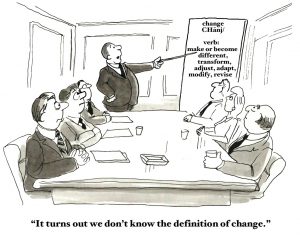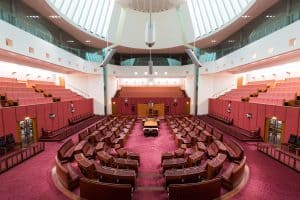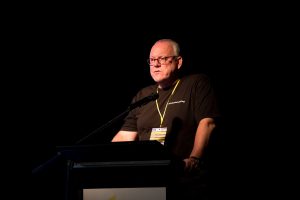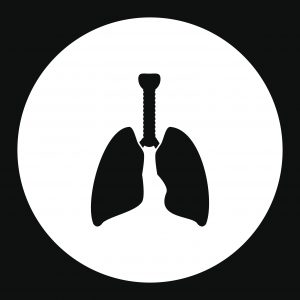On the recommendation of one of my subscribers I am currently listening to a podcast called Food For Thought which includes a discussion on the mental health issues associated with the Fly-In -Fly-Out (FIFO) work structure. This article is being written as I listen to the podcast so follows the threads as spoken.
Various major Australian inquiries have been held into the occupational health and safety of FIFO workers for the mining sector. The potential psychological harm of FIFO is indisputable so why aren’t we asking the tough questions and thinking about the harm that we are allowing to occur?

Continue reading “We need to ask tougher questions about FIFO”


 Screen Australia
Screen Australia
 Australia has received its own local focus for the #MeToo concerns about sexual harassment in the workplace.
Australia has received its own local focus for the #MeToo concerns about sexual harassment in the workplace.  This is an edited version of my presentation to delegates at the inaugural
This is an edited version of my presentation to delegates at the inaugural 